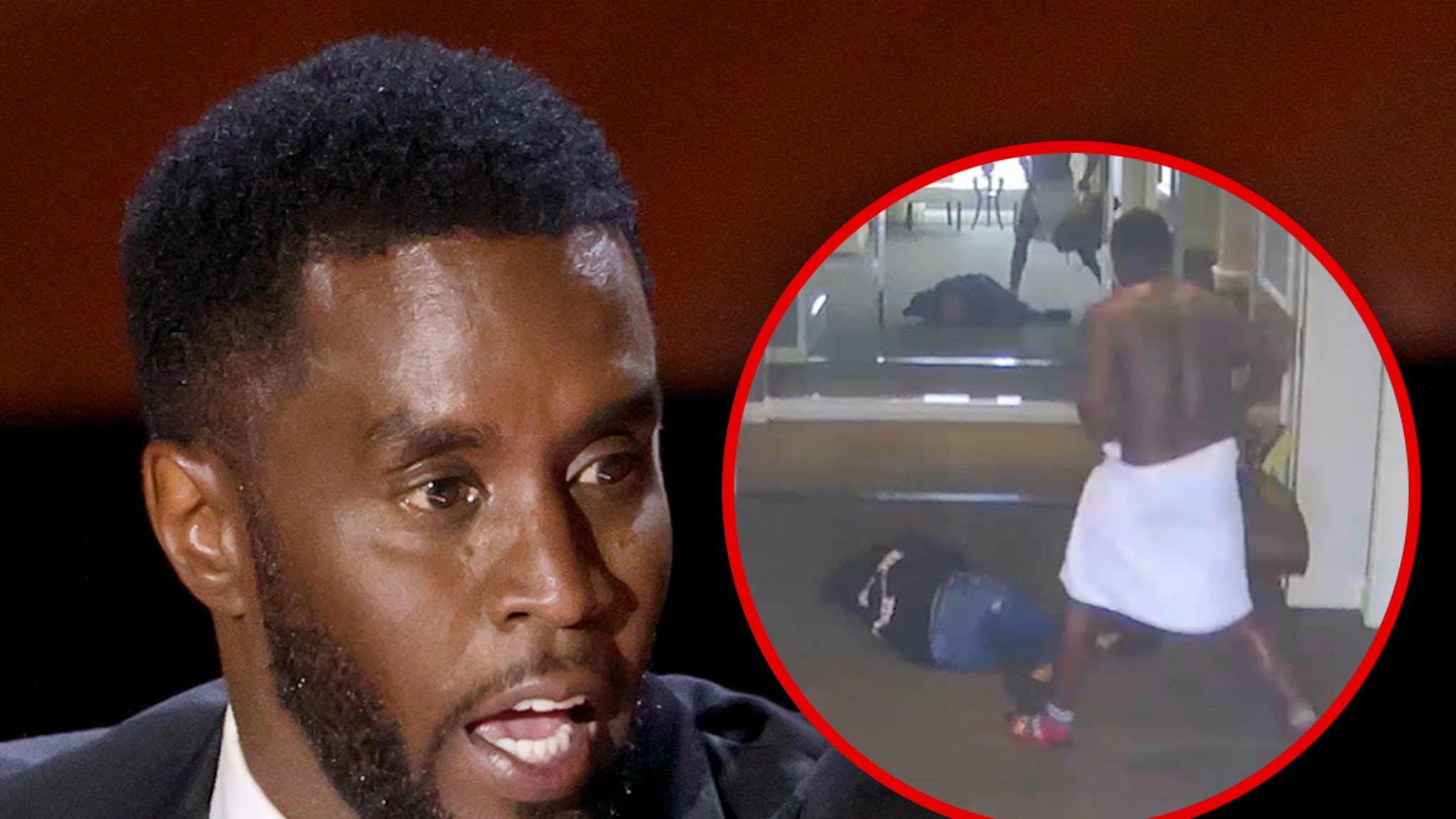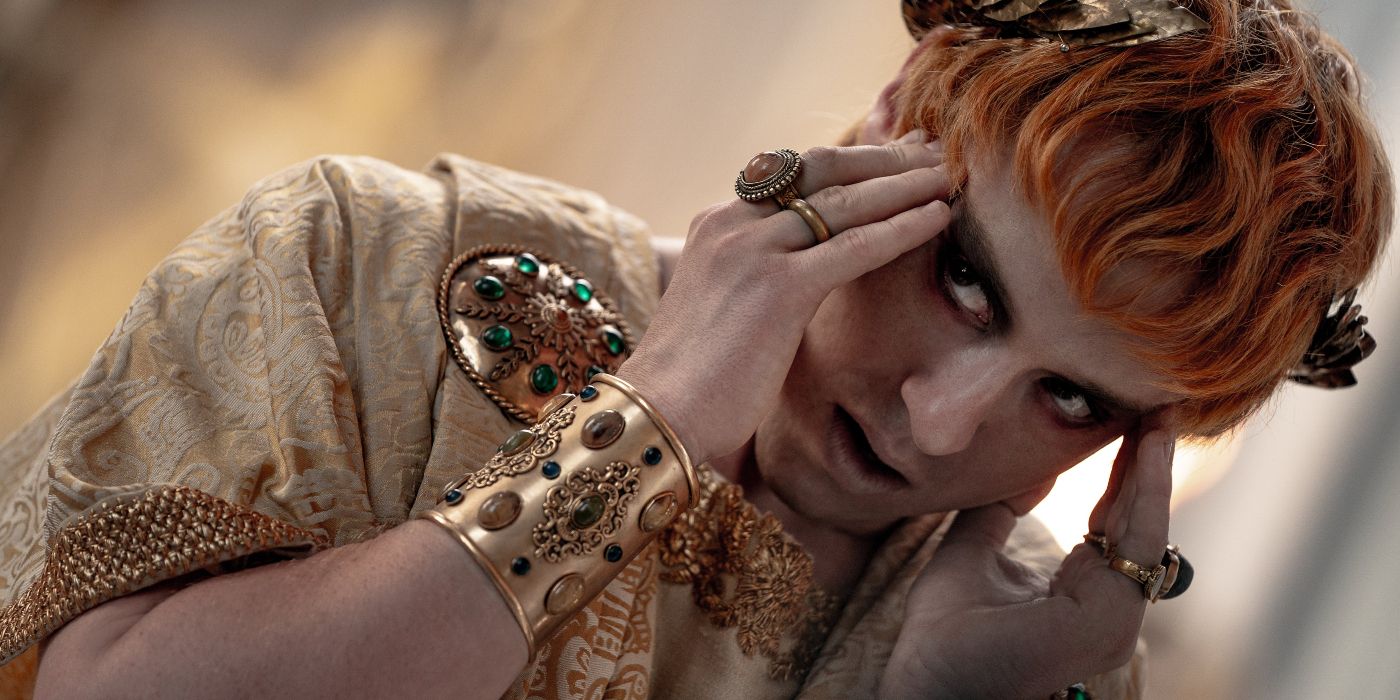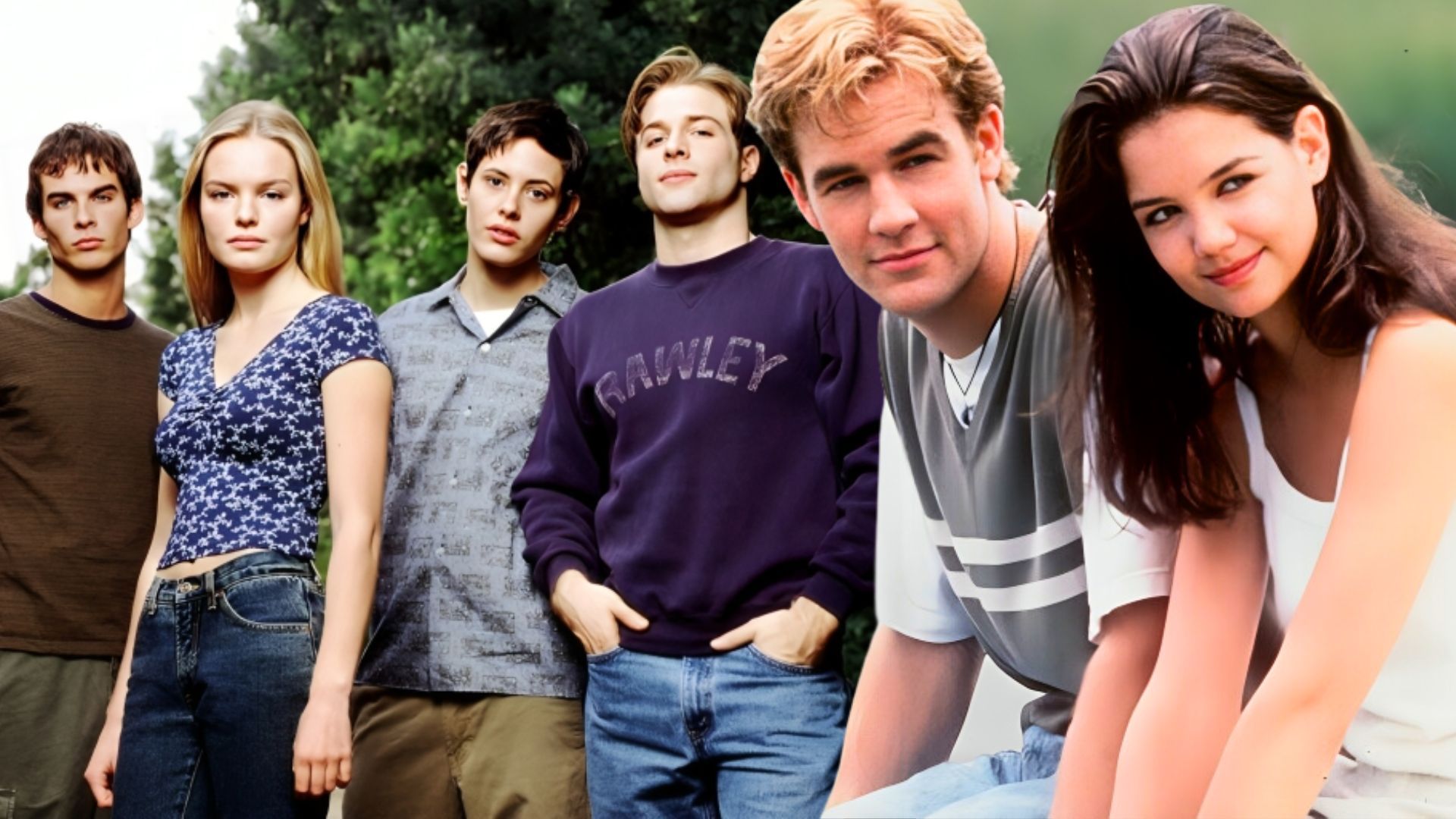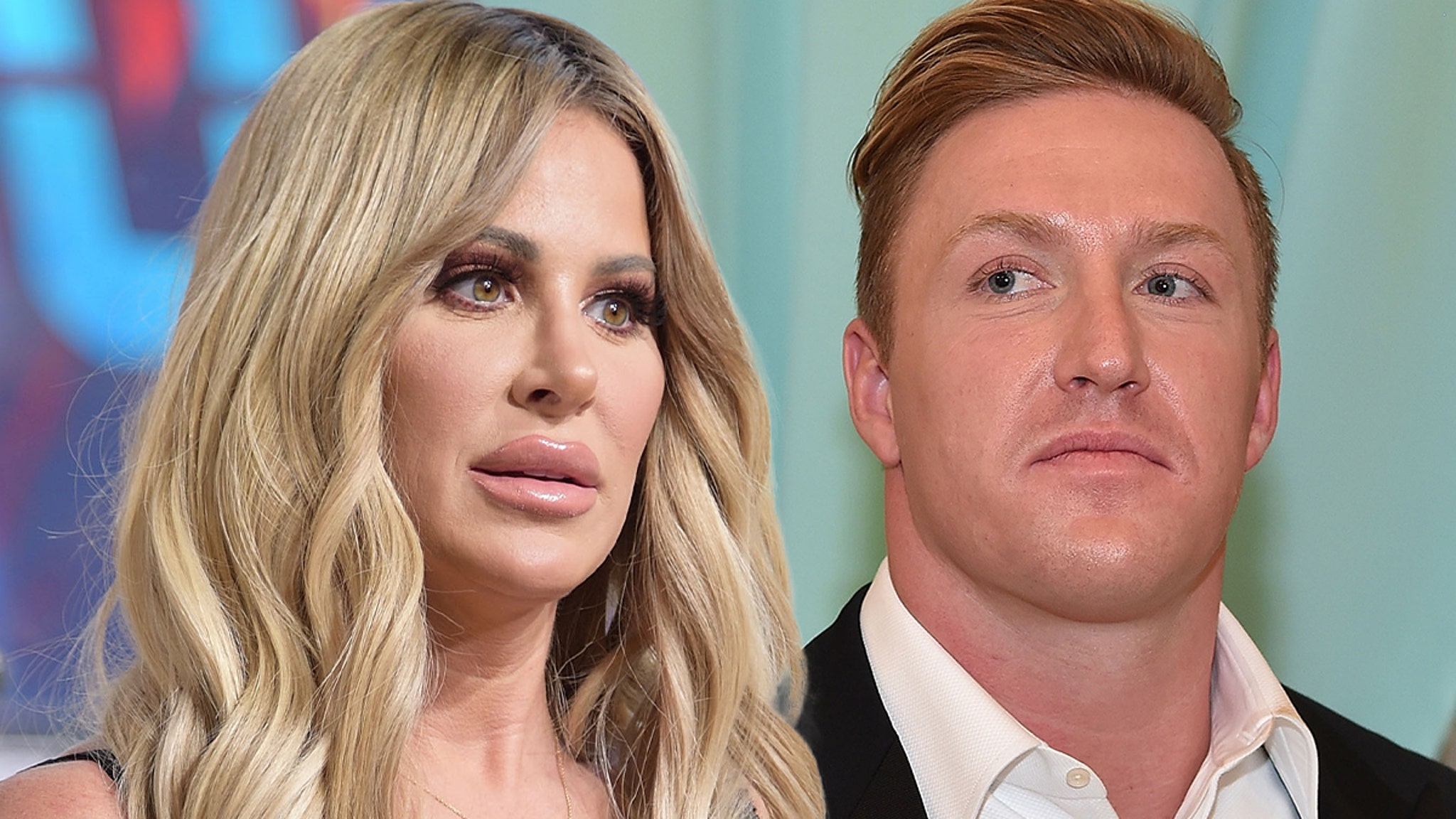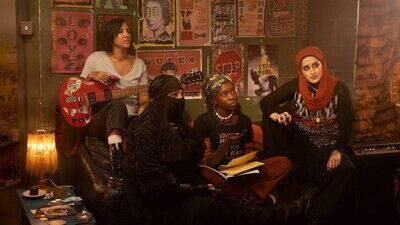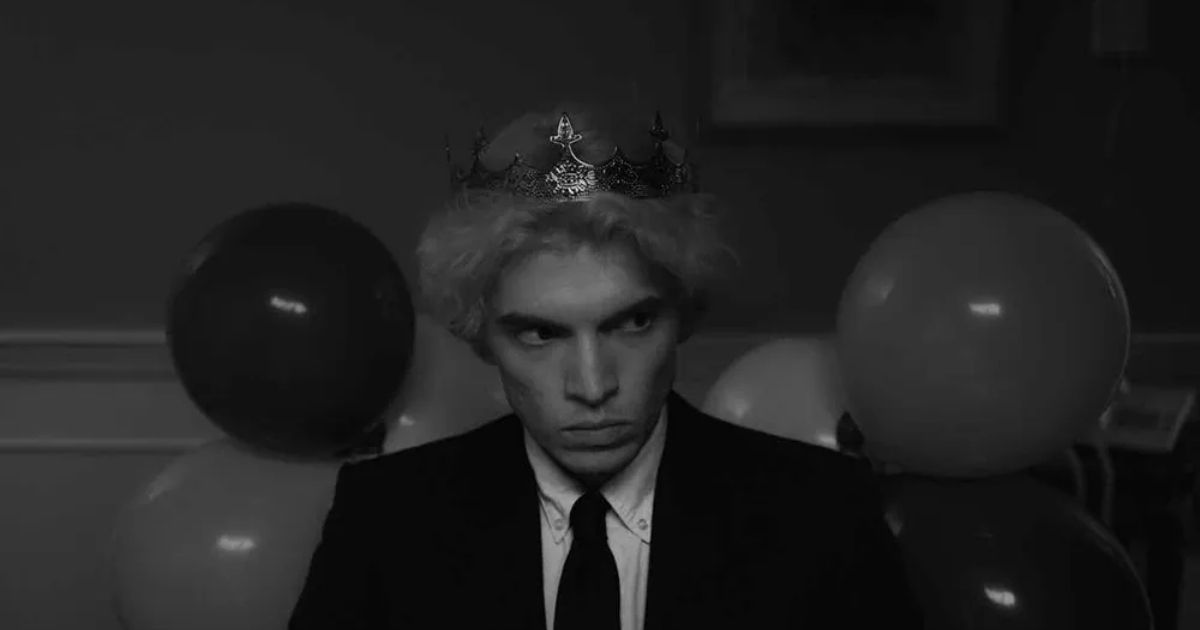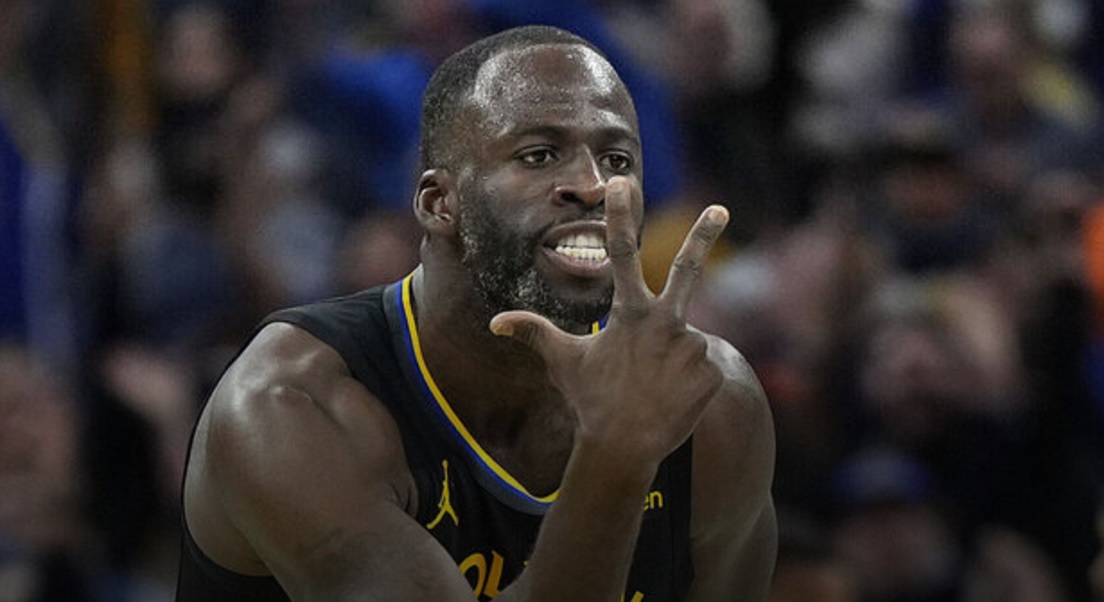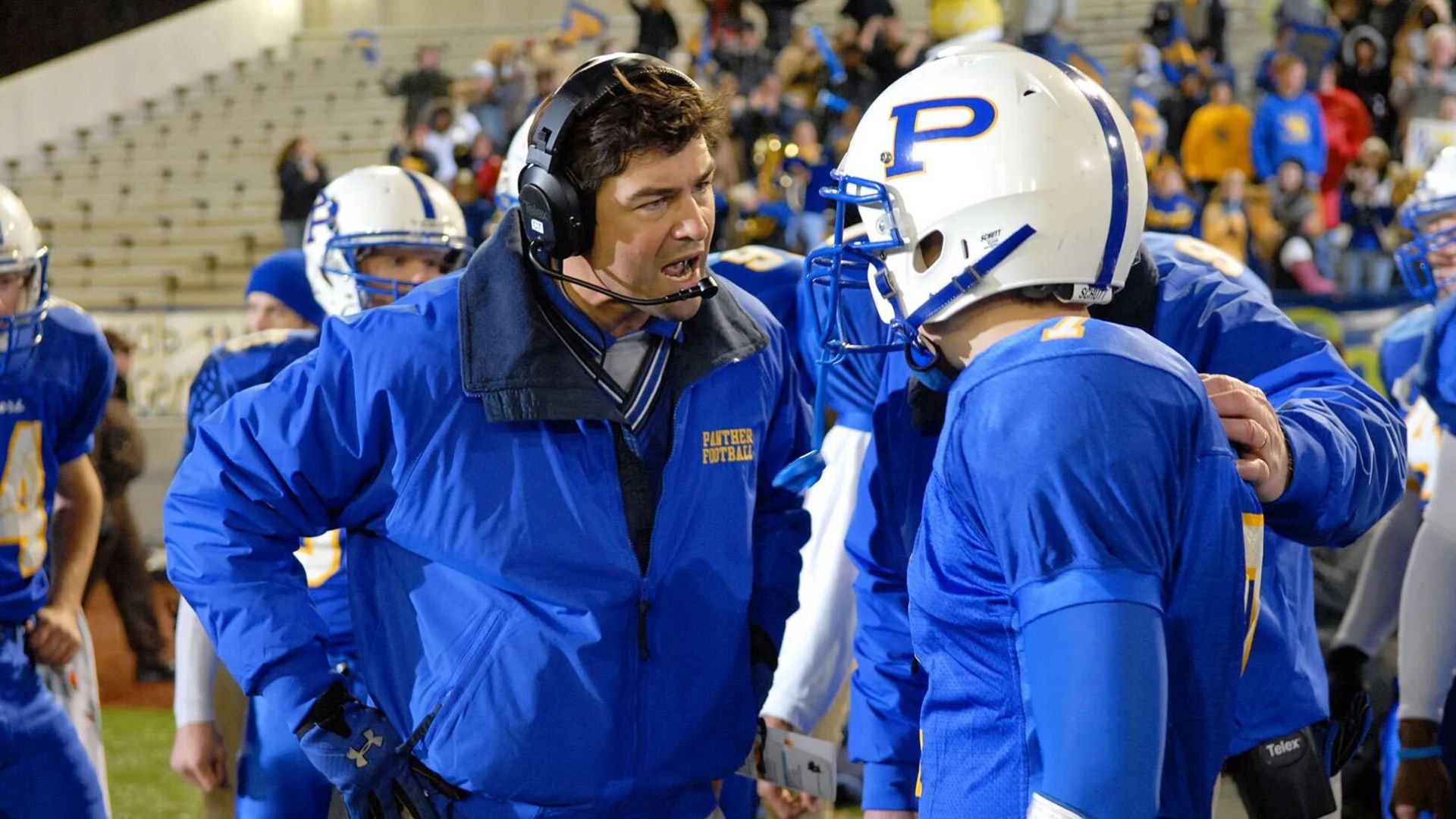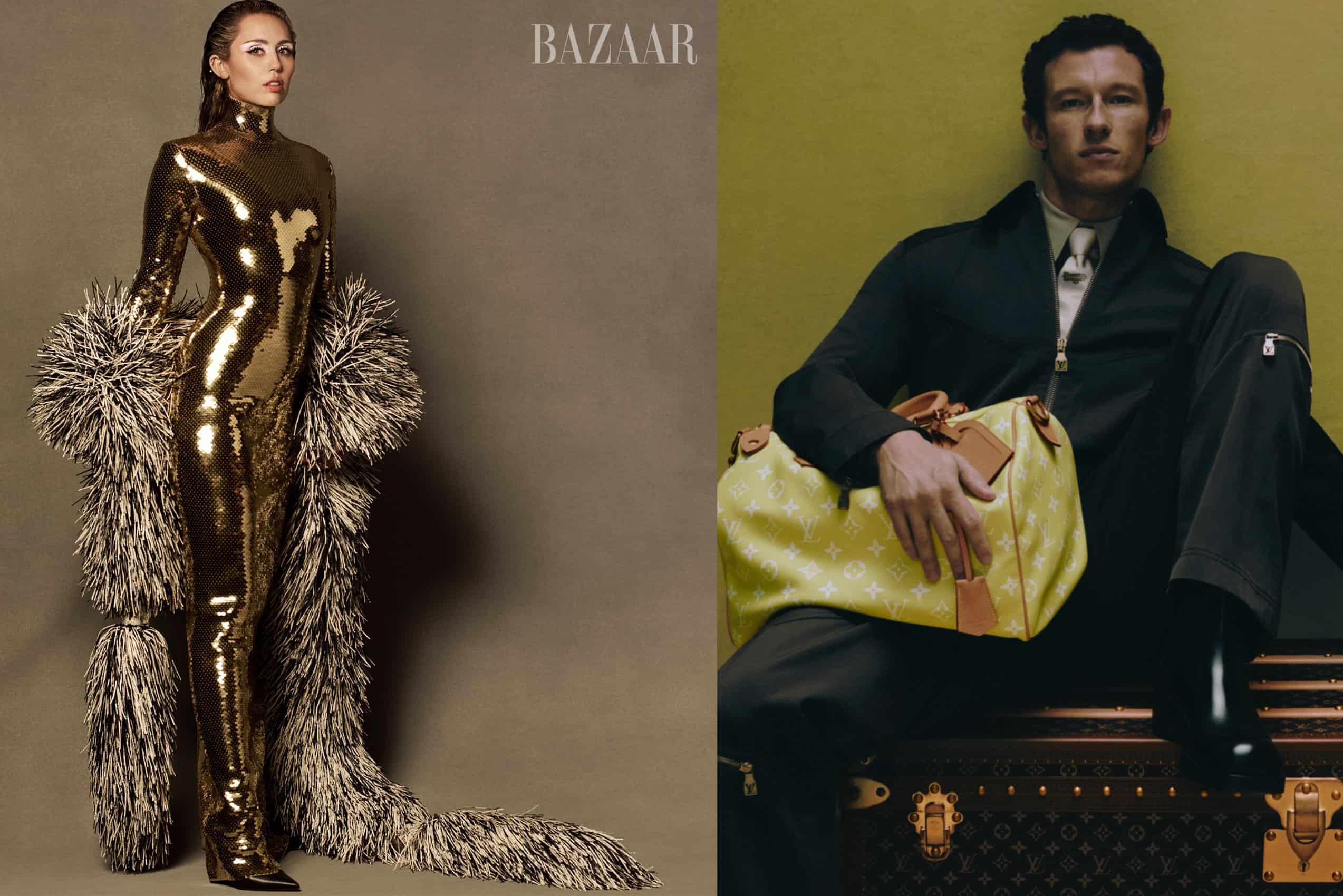Armond’s mask for tolerating the guests’ whims, demands, and complaints is beginning to slip, and his increasingly manic behavior worries spa manager Belinda (Natasha Rothwell). She has an earnest belief in holistic health, and she works too hard for too little pay, but she dreams of one day opening a business that would make the spa’s offerings affordable for everyone. (If Rothwell’s bombastic work on “Insecure” is your only awareness of her as an actress, be prepared for her to blow you away with her nuanced, elastic work here. Her last moment onscreen will haunt you.) And over the course of the week, Armand, Belinda, and various other hotel staff members get drawn into the orbit of the guests, their neuroses, and their selfishness, mostly for worse and rarely for better.
Perhaps the idea of watching a group of rich people do rich-people things to the chagrin of long-suffering lesser-thans sounds grueling. But “The White Lotus” hits the same notes as Bong Joon-ho’s “Parasite” by poking and prodding at its characters’ class divide and offering up shreds of empathy and compassion to individuals who are caught in systems, patterns, or behaviors they can’t escape. Are the hotel guests cruel? In the way that Don Draper told Michael Ginsberg that he doesn’t think about him at all, yes. Lacy’s Shane, born into an elite family and constantly nagging new wife Rachel about why she’s not having fun, makes an enemy out of Armond over a petty grievance. Tanya, who covers her traumas and neuroses with layers of nude lip gloss and designer caftans, gloms onto Belinda as her spiritual healer without ever asking her questions about herself. And the Judith Butler- and Franz Fanon-reading, drug-doing, and shit-stirring Olivia and Paula get into a spat over a flirtation with a hotel worker.
In each of these relationships, White digs deeper and deeper into what is making all of these people unhappy, with each episode pivoting into a new perspective and deftly balancing an array of tones. From Paula’s eyes, we see the Mossbachers and their staunch refusal to acknowledge their own advantages. From Mark’s eyes, we see his frustration with his marriage, and with the fact that Nicole treats him like hired help rather than a husband. From Quinn’s eyes, we see a genuine connection with a certain Hawaiian custom, and a true sense of purpose, that Paula and Olivia had only gestured toward with their political theory. The ensemble cast drops façade after façade, and the result is a combination of performances that are nearly universally enthralling. Rothwell, Coolidge, and Daddario are particularly excellent, with Coolidge’s Tanya somehow being both skin-prickingly awkward and deeply relatable, and Daddario imbuing Rachel with a deer-in-the-headlights panic over her husband’s assumptions and expectations. Britton comes alive in a scene against Daddario that makes you hope the former actress gets more chances in her career to bare her teeth, while Daddario’s final scene might be the most genuine, and heartbreaking, of the series. And of the Mossbachers, Zahn and Hechinger have great chemistry as a father-son duo who don’t know each other at all, and whose transformative experiences on the island take them in wildly different directions.
You can view the original article HERE.
